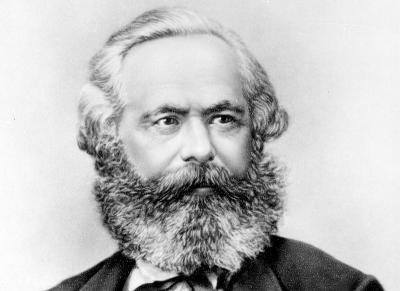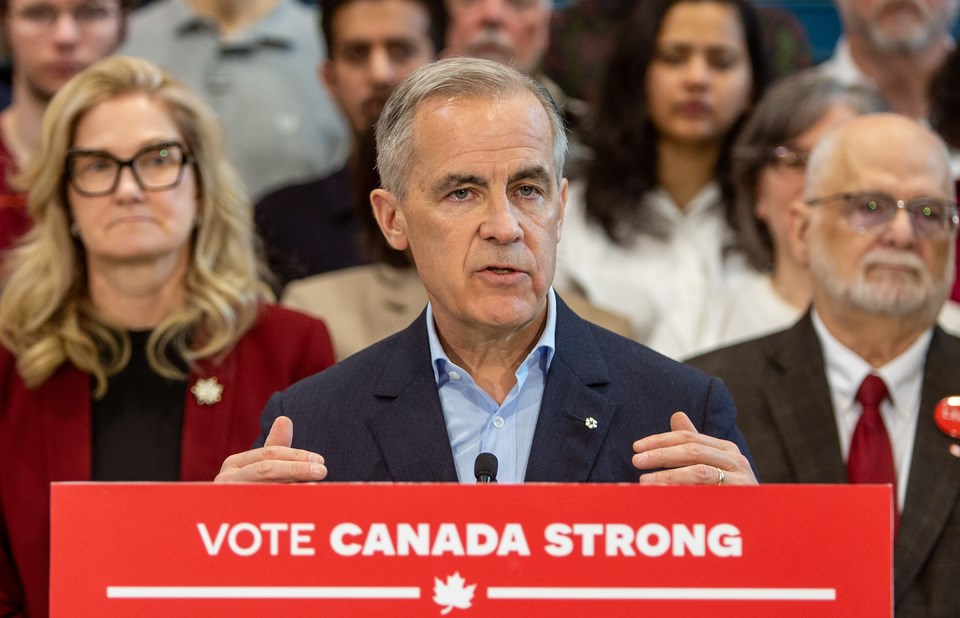High Time We Rediscover Marx, The Peerless Materialist Philosopher

By Krishna Jha From 1836 to 1844, the Chartist movement started in England. It helped the working class to take a political role. It was also a time when in 1847-48, Karl Marx’s The Communist Manifesto came out interpreting the role of the working class, concretising it in a general form, and soon it was applied in whole of modern history. In 1848 and 1850, it became more concretised during the class struggles in France. Working class no more remained amorphous. It was emerging as a strong force in the world history, developing its own strategy and also tactics, and in the process became a conscious historical class. The entire process was traced and analysed with a concrete application of materialist conception of history. For the first time, the concrete role of the proletariat was identified. Friedrich Engels also pointed out that through the scientific method, introduced by Karl Marx and himself, it was brought to light that the political struggles were basically the conflict between economic interests of the two classes. These years in late forties were quite turbulent because of world trade crisis of 1847, offering the rationale for the two revolutions in February and March in 1848. It was Karl Marx, a materialist philosopher and scientist, who identified the emergence of capitalism and also predicted the end of it. A product of modern age, Marx was the genius who identified the three main ideological currents of the 19th century. Born on May 5, 1818, in a small town of Triers in Germany, then part of Prussia, in a middle class liberal family, Marx identified the currents as ideological, representing the classical German philosophy, classical English political economy, and finally the French revolutionary doctrines in general. In totality, these currents were constituted as materialism which was to be the theory and modern scientific socialism, as the programme for the working class movement in the entire civilized world. Marx, with his remarkable intellectual prowess, pointed out, “The real unity of the world consists in its materiality, and this is proved … by a long and wearisome development of philosophy and natural science.” He also pointed out that mode of existence for matter is motion. Without matter, motion cannot exist and same is true about matter. This fact leads to the question as to what are thoughts and consciousness and where they come from. Marx, himself a materialist, replied that they are all products of brain and human being itself is the product of nature. The evolution itself made progress through labour and language. Labour was important to meet the needs and thus tools were evolved and language was for communication, helping consciousness to blossom. Marx along with Engels wrote that the great basic thought that world is not to be comprehended as a combo of readymade things, but as a complex of processes in which the things are no less stable than their images in mind, the concept goes through an uninterrupted change of coming into being and passing away. This great fundamental thought has, since Hegel, never been contradicted. It has permeated the ordinary thought process thoroughly without getting contradicted. Here comes dialectics. For it, nothing is final, absolute or even sacred. It reveals the transitory character of everything. Nothing can endure before it. It is the materiality that is always in motion, ending and then coming back with new features, and the process itself is dialectical, always coming and going, in unity and in struggle. Dialectical materialism is nothing more than mere reflection of this process in the brain. Hence, dialectics is the science of general laws of motion, both of the external world and of the human thought. According to Lenin, dialectical materialism no longer needs any philosophy standing above it. It is high time to rediscover Marx. More than any other scientific thinker, Marx dominated the twentieth century as he was reinvented then, and his presence continues. His words, which have come as prophetic, say, “Capitalism brings its own grave diggers.” It is his theory of political economy, which is his basic formulation. The dialectical process of its evolution points towards socialism at this stage, as capitalism had replaced feudalism. Between capitalism and feudalism, it was the revolutionary change both in the means of production and relations of production. Between capitalism and socialism, change comes in advancing technology. Also there are the changes in the means of production. This change carries with it the further evolution of capitalism that clears the context for finance capitalism. Its first indication is drop in the progress of industrial process, fall in investment and shrinking capitalist process. Monopolisation of economy leads concentration of capital and also hegemonisation of state power. It promotes blind faith in the system and any opposition is to be crushed barbarically as the glimpses of it are seen in many parts of the world today. Our country is also not very far from it. The rule of finance capital is visible in every sector. So far as capitalism is concerned, it takes up both the strategies of compromise and opposition. Finance capital on the other hand, to add strength to its power, has taken up communalism as one of the divisive instruments to weaken the opposing secular forces. (IPA Service)



















